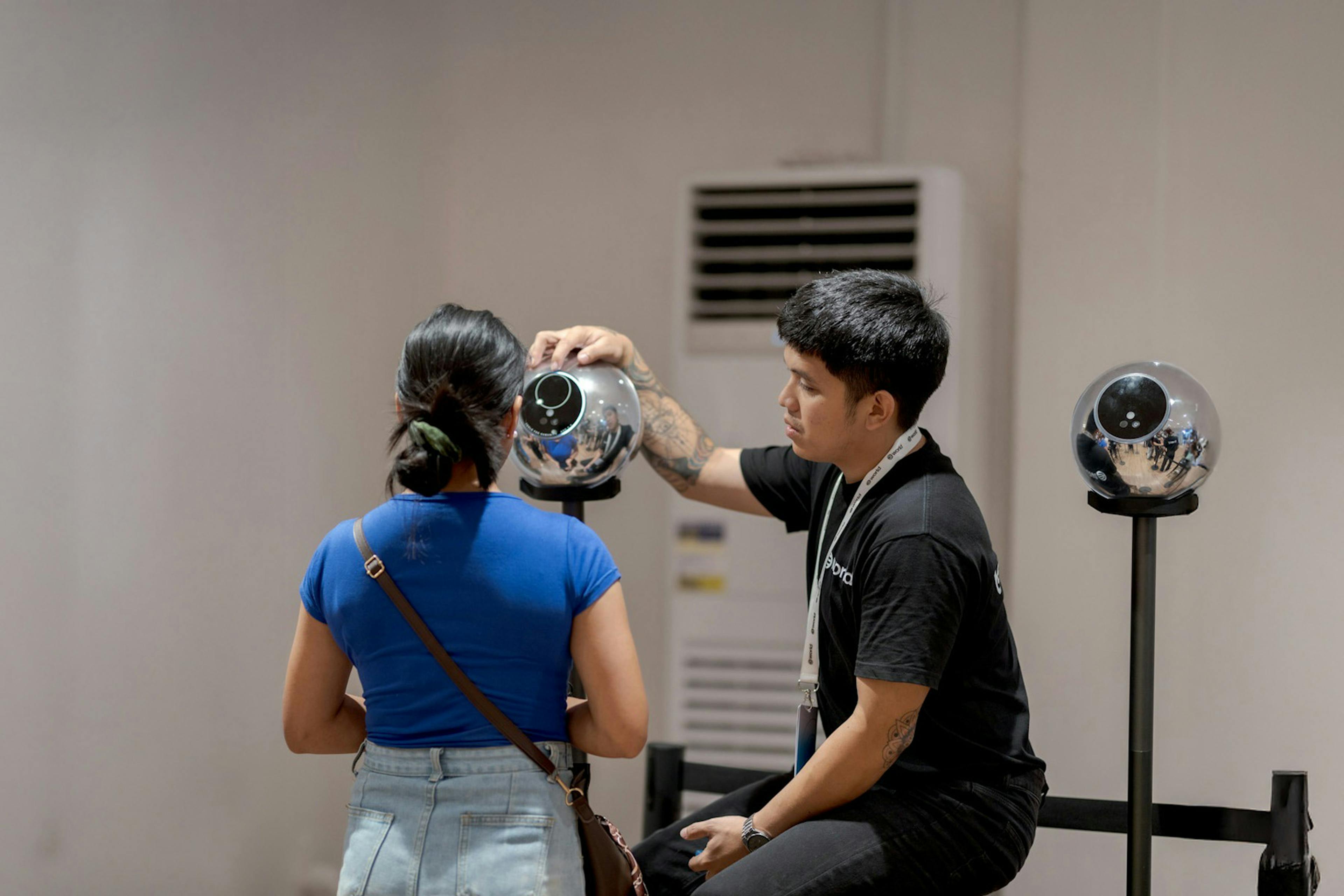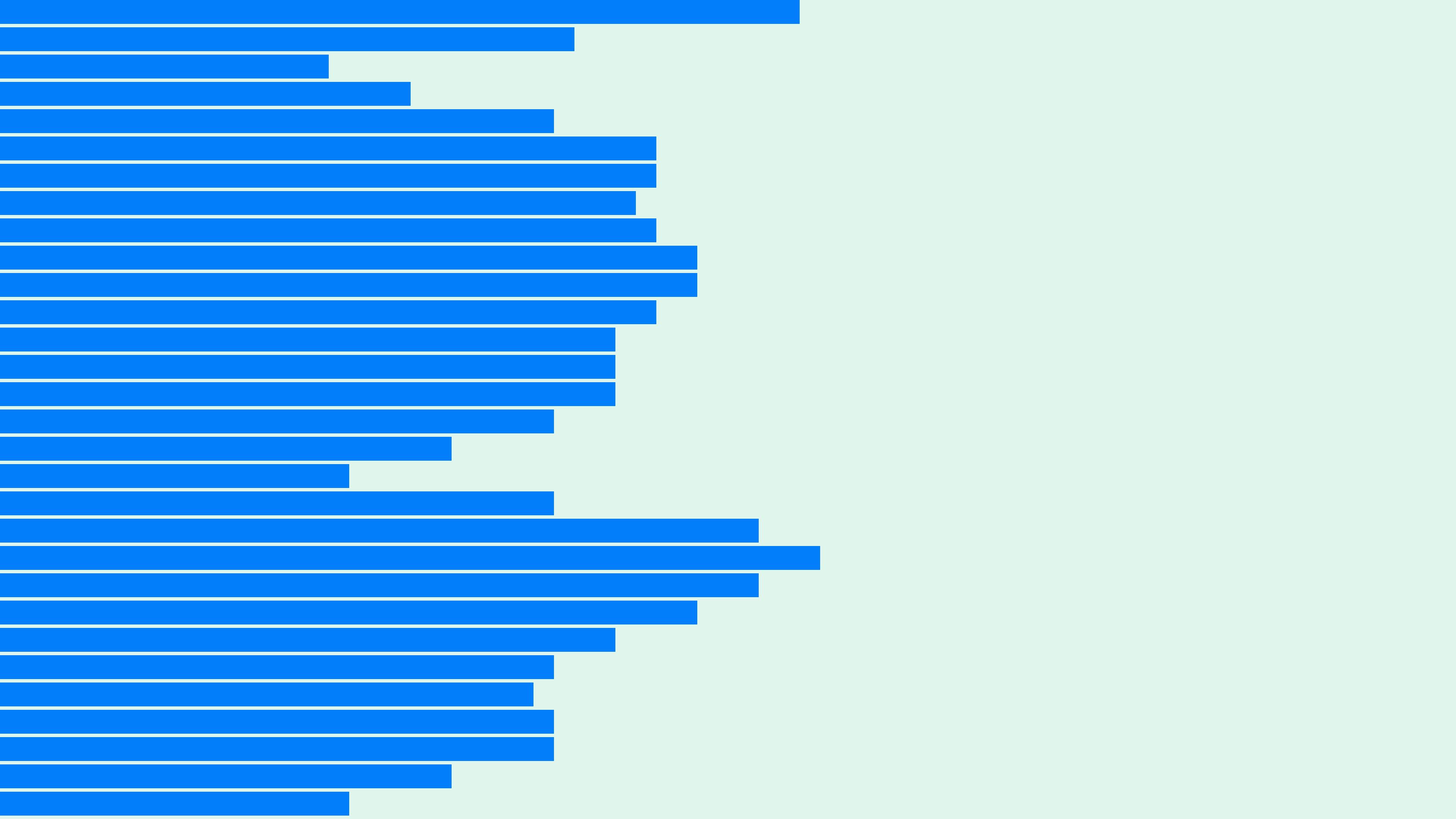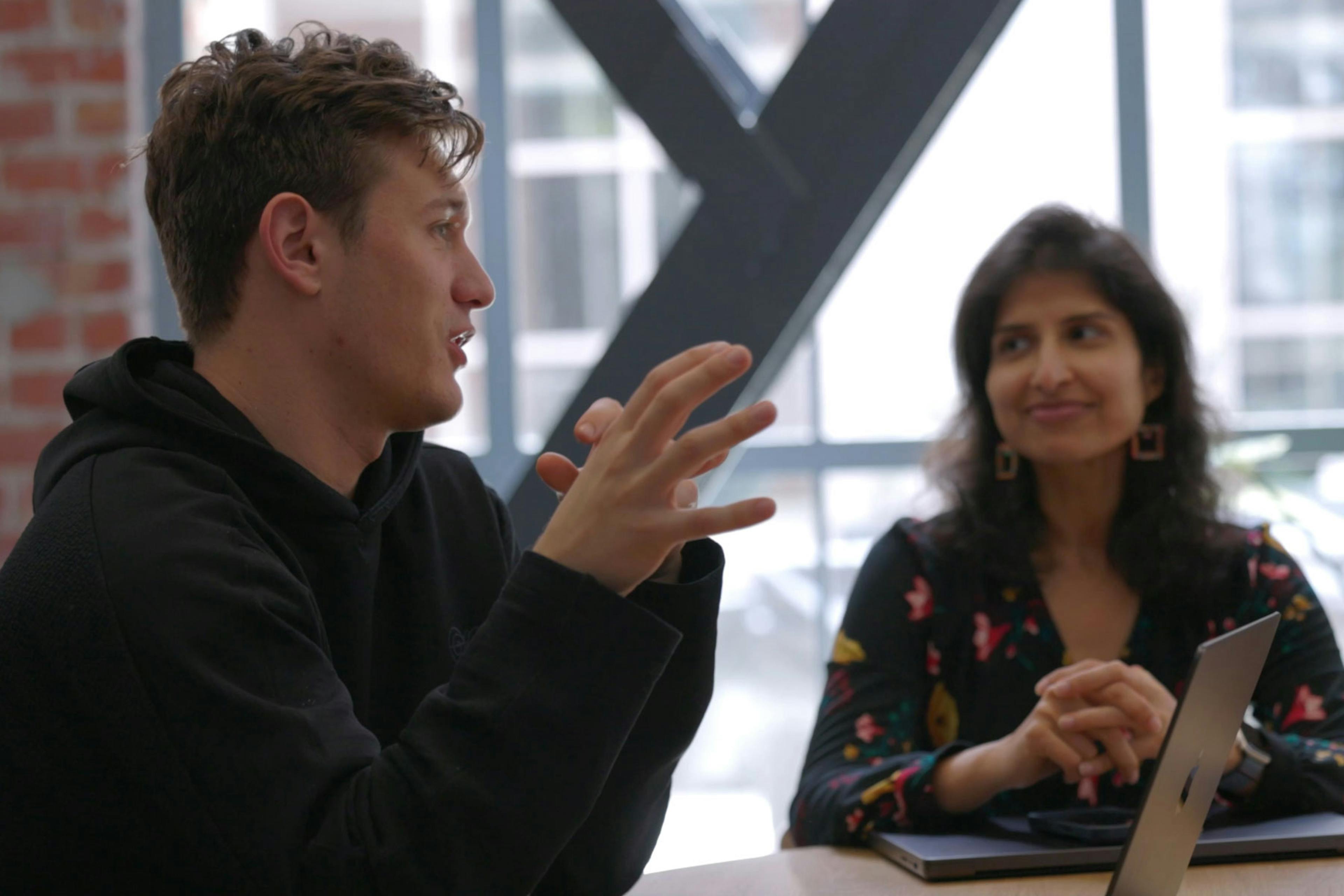
Since World launched in the Philippines this February, millions of Filipinos have secured their anonymous, proof of human verification or World ID. These individuals can now combat online crime and deepfake-related fraud, which increased by 4,500% in the country between 2022 and 2023.
Prior to launch, the team operating World in the Philippines complied with all applicable laws in the Philippines, worked with regulators and formally registered with the National Privacy Commission (NPC). Not just to check a box, but because we fundamentally believe in creating a real human network that is private by design, secure and open to everyone.
But World’s new technology — which allows people to verify they are human without revealing who they are — is technologically complex. And as World continues to advance its technology, it can be difficult to keep up with the state of the network. Therefore, a few misperceptions persist about how World works, mostly related to data and privacy.
Here, we address a few of the most important questions people have:
World ID is a digital identity, right?
Not identity but humanness. World ID is a digital proof that you’re a human, not a specific human. Your World ID doesn’t know your name, address, age, height, weight, or eye color. In other words, a digital identity is about who you are, whereas World ID is about what you are — a unique human.
Does World ID track people’s identities?
No. After you visit the Orb, you verify your World ID so you can anonymously and fully participate in the network. World does not know and is not designed to know the identity of its participants.
But World ID is a bit of a misnomer. It’s actually a digital proof that you’re a human, not proof that you’re a specific human or anything about you. A physical ID typically contains your name, address, birthdate and a photo. But the purpose of World ID is only to prove that you are a) human and b) unique. Therefore, Orb operators do not ask for any personal details and the Orb camera doesn’t store your photos.
Does World store biometric data?
No. In fact, the network is built to not store biometric data.
The Orb takes photographs of your eyes and face. These photos are sent to your smart phone, which is the only place they live (not on any company’s servers). The network uses cryptography to analyze the images to prove you’re a unique human and that you haven’t previously signed up for the network.
Read about the cryptography in the project’s whitepaper here.
Can other people get ahold of World user data?
It’s right to be concerned about data breaches, given how commonplace they’ve become. But hackers can’t trace data back to users if the network doesn’t hold that data to begin with. After a person visits an Orb, their photo is deleted from the Orb and the images are not stored on any database. All that remains is a cryptographic proof that they are unique. It’s completely anonymized.
Is World buying data?
While buying and selling data has become a popular business model, it’s not ours. World’s purpose is to be the real human network. We believe there’s deep value in carving out places online where humans can be sure they’re interacting with other humans, not bots. Our business is not to sell data but instead to help companies that suffer from AI fueled fraud while still maintaining anonymity online.
To help grow the network, World offers a referral program that gives Filipinos who refer
others the chance to claim WLD tokens. But the fundamentals remain the same; no personal data is shared with anyone when verifying their humanness at an Orb.
Do people have to visit an Orb to use World?
No. People can participate in the World Network without verifying their World ID.
Learn More
To stay informed on the latest from World, along with other exciting news and announcements, visit the World website or subscribe to the blog below.
You can also join the daily conversation on all World social media channels, or get additional important information concerning the project by reading the World protocol whitepaper.
Ähnliche Artikel

Understanding World ·
Policy ·
The economic benefits of proof of human

Announcements ·
Policy ·
A Safer Internet Starts with Proof of Human

Announcements ·
Policy ·
World ID Credentials, with access to WLD tokens, now available in more countries

Policy ·